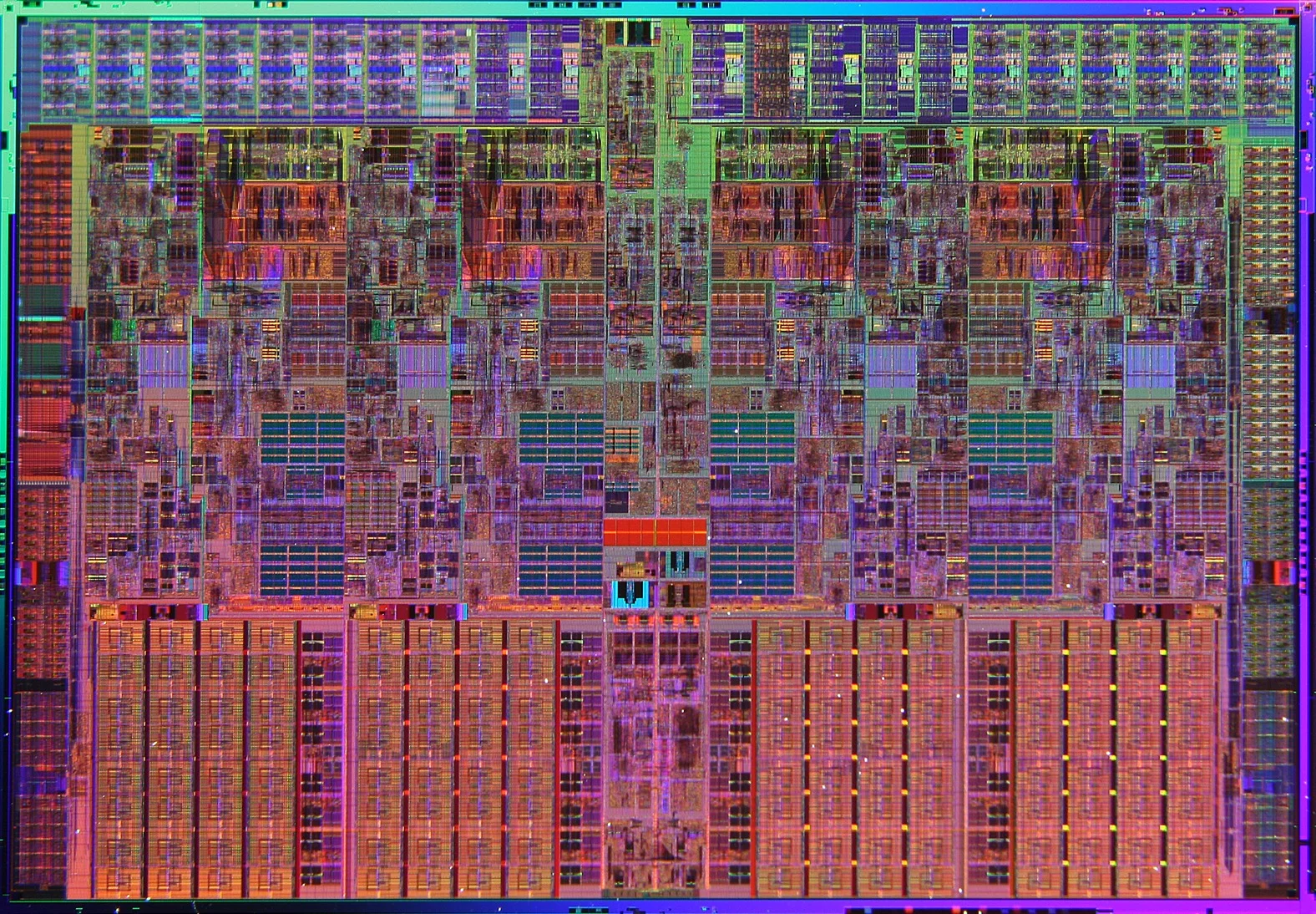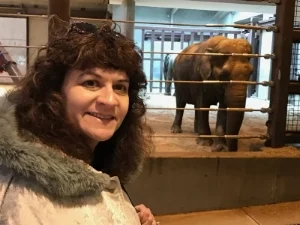About Karen Panetta
About Karen Panetta
Karen Panetta, IEEE Fellow, NASA JOVE Fellow, AAIA Fellow is an electrical and computer engineer, inventor and Dean of Graduate Education for the School of Engineering at Tufts University. Her research areas include Artificial Intelligence, Machine Learning, automated systems, simulation and visual sensing systems. Karen develops signal and imaging processing algorithms, simulation tools and embedded systems for applications for robot vision and biomedical imaging applications. She has won a number of awards for excellence in research, social impact, teaching and mentoring, ethics, and engineering education. She is the recipient of the Presidential Award for Excellence in Science, Math and Engineering Mentoring from U.S. President Barack Obama. She founded the "Nerd Girls" program, which encourages young women to pursue engineering and science. Karen is the editor-in-chief of IEEE WIE Magazine and co-author of the book, "Count Girls In.” Her passion is utilizing her engineering knowledge for the benefit of humanity. Karen has advised world leaders and led humanitarian projects around the globe to change lives, help communities thrive and to protect the environment.
CV | Research | Dean’s Blog



